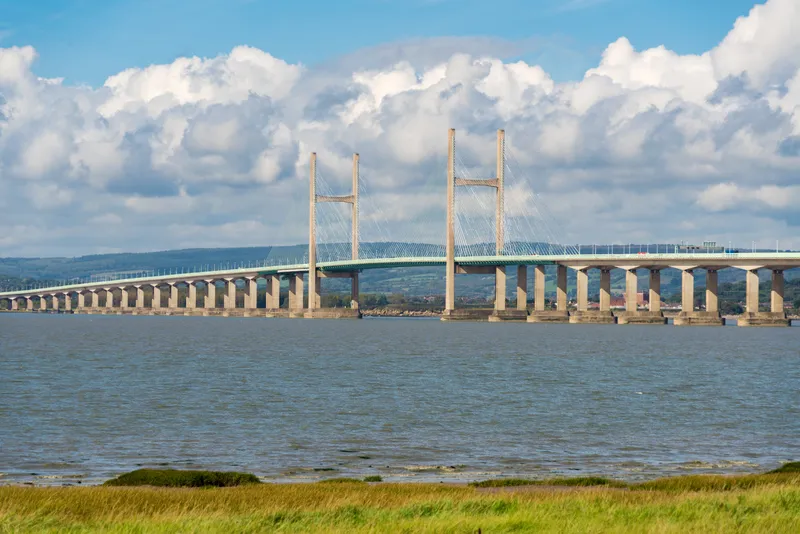The US$19.9 million (NZ$28.7 million) project is the largest project undertaken at the tunnel since it opened in 1964. The contract has been awarded to McConnell Dowell, with work set to start in the coming weeks.
A fire sprinkler system is the most effective means of managing fire risk in the tunnel and is designed to control and contain a fire until fire services reach the scene. The project involves the construction of two reservoirs, two pump stations, and the installation of 9km of pipe work and 2,400 fire sprinkler nozzles throughout the tunnel.
The project is expected to be complete by December 2018.
Multi-million dollar safety upgrade for New Zealand tunnel
New Zealand transport Minister Simon Bridges has announced work is set to begin on a multi-million dollar fire deluge system that will improve safety and reduce the risk of lengthy closures at Lyttelton Tunnel south of Christchurch.
The US$19.9 million (NZ$28.7 million) project is the largest project undertaken at the tunnel since it opened in 1964. The contract has been awarded to McConnell Dowell, with work set to start in the coming weeks.
A fire sprinkler system is the most effective means of mana
May 18, 2017
Read time: 1 min
New Zealand transport Minister Simon Bridges has announced work is set to begin on a multi-million dollar fire deluge system that will improve safety and reduce the risk of lengthy closures at Lyttelton Tunnel south of Christchurch.










